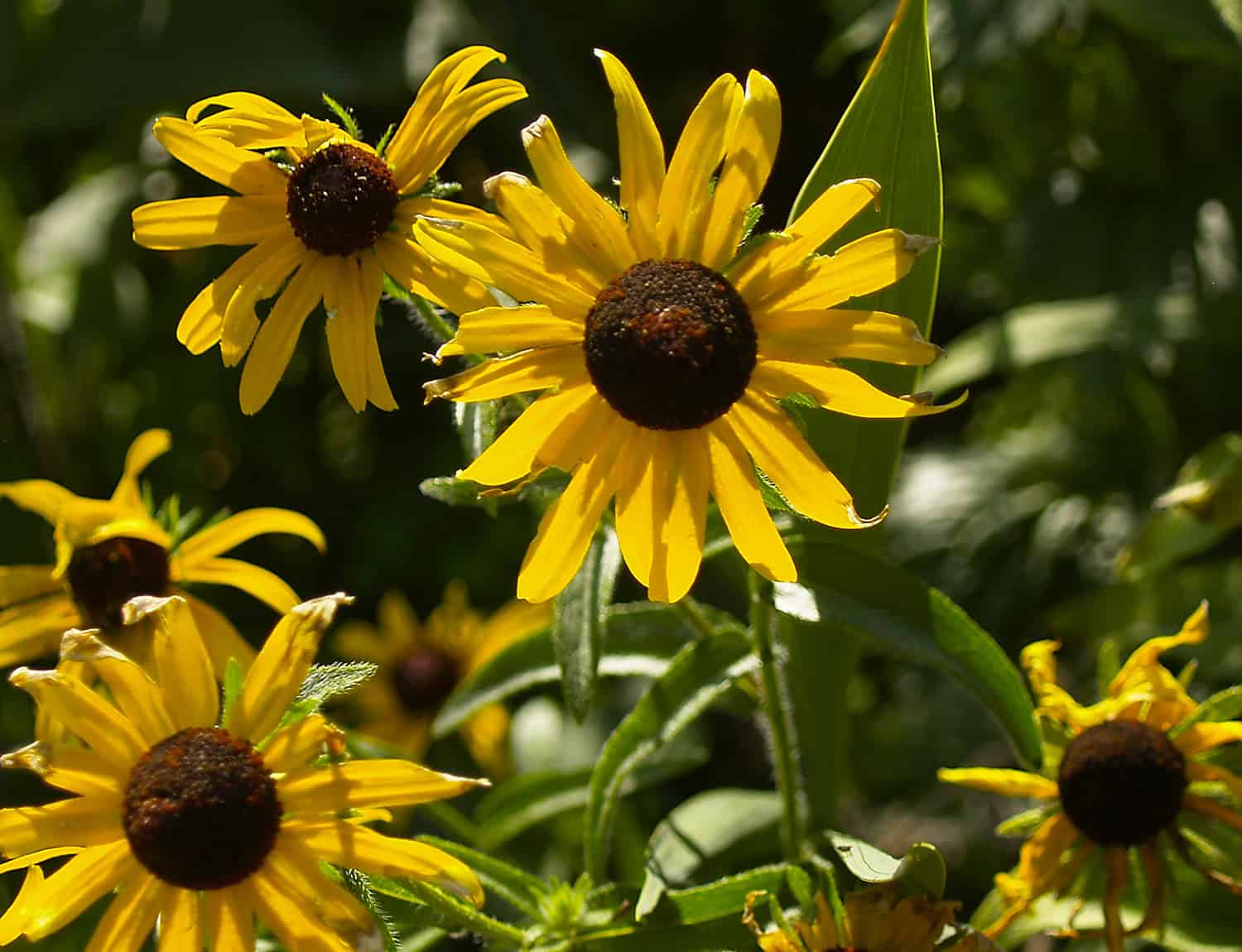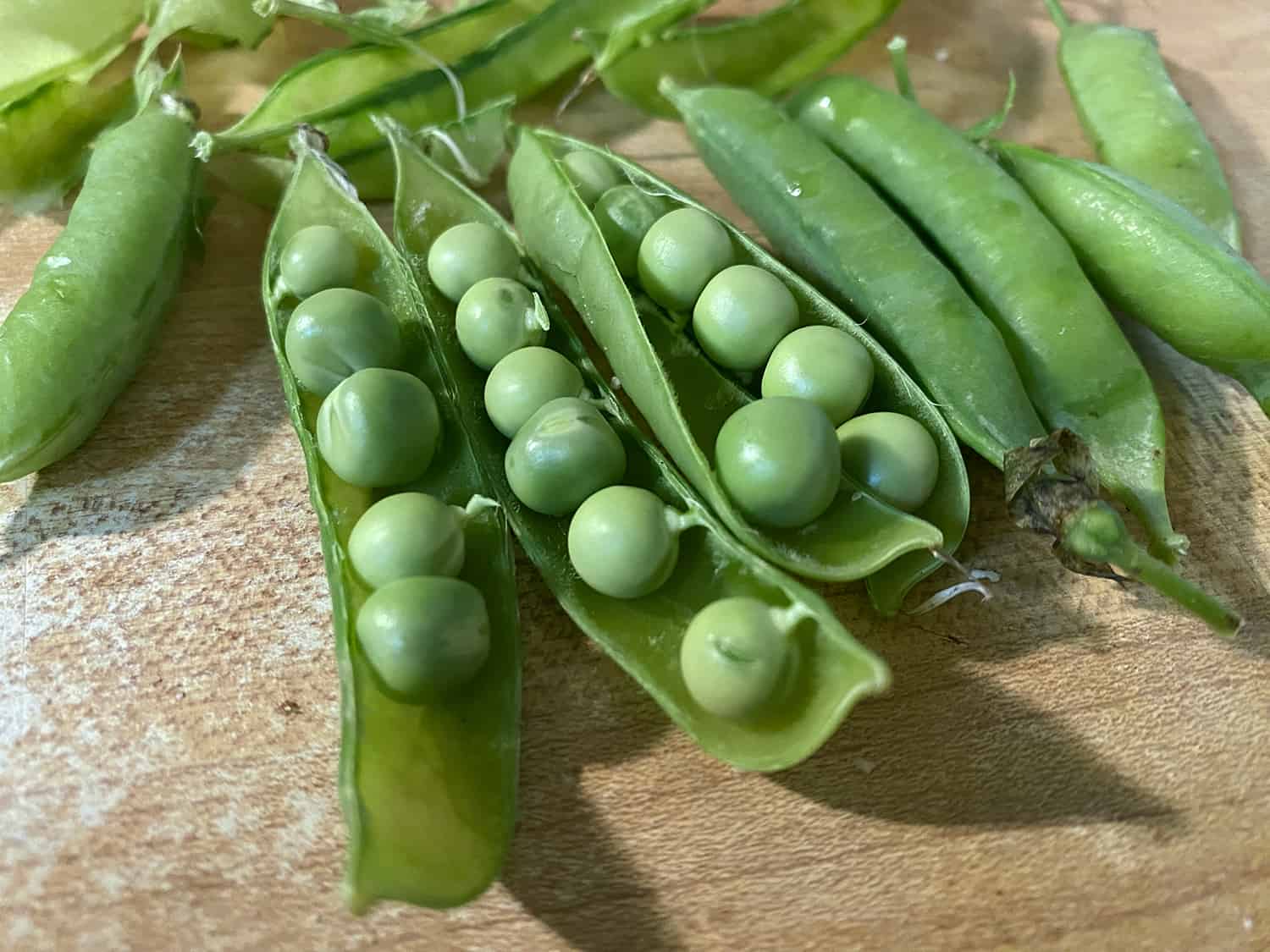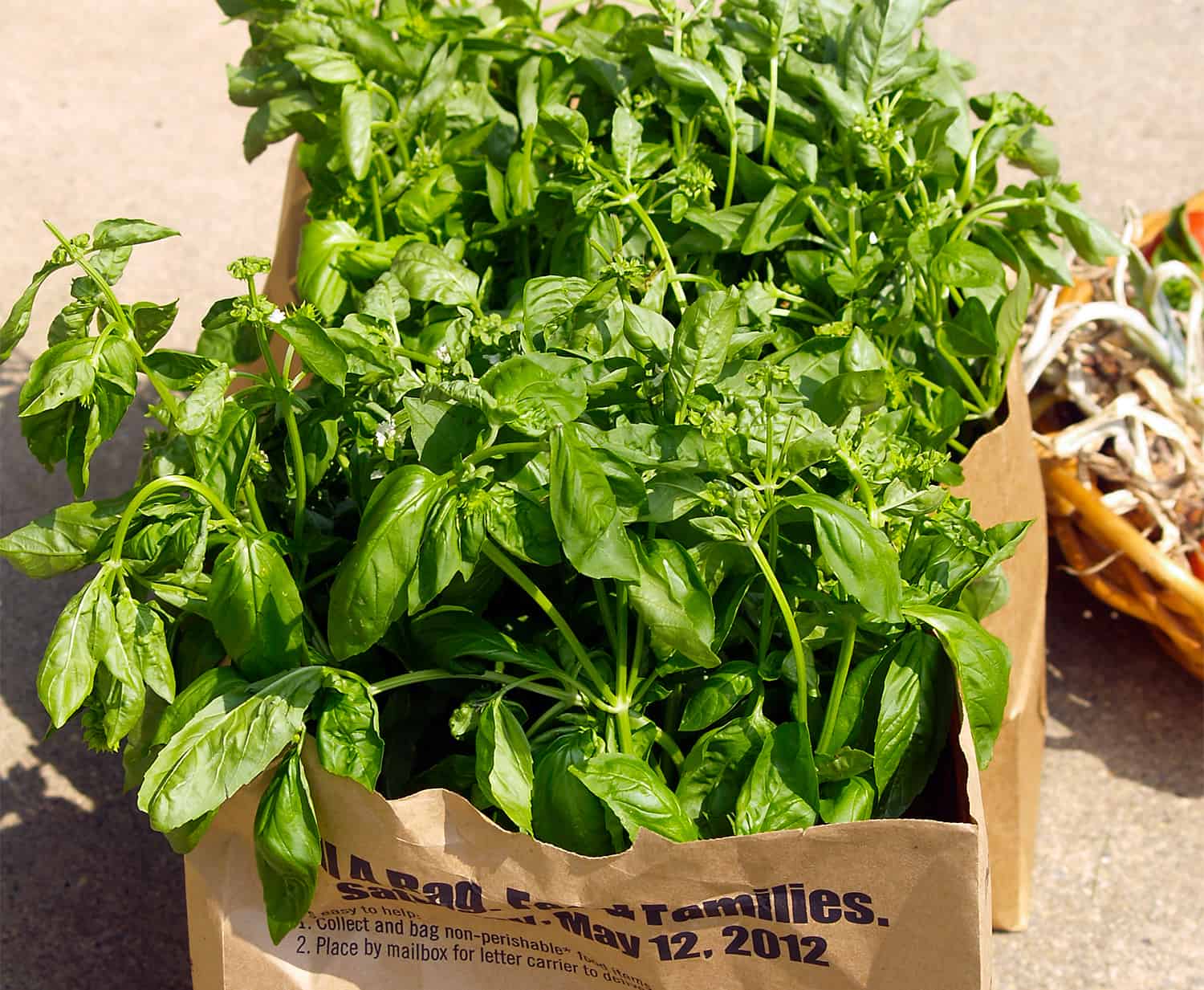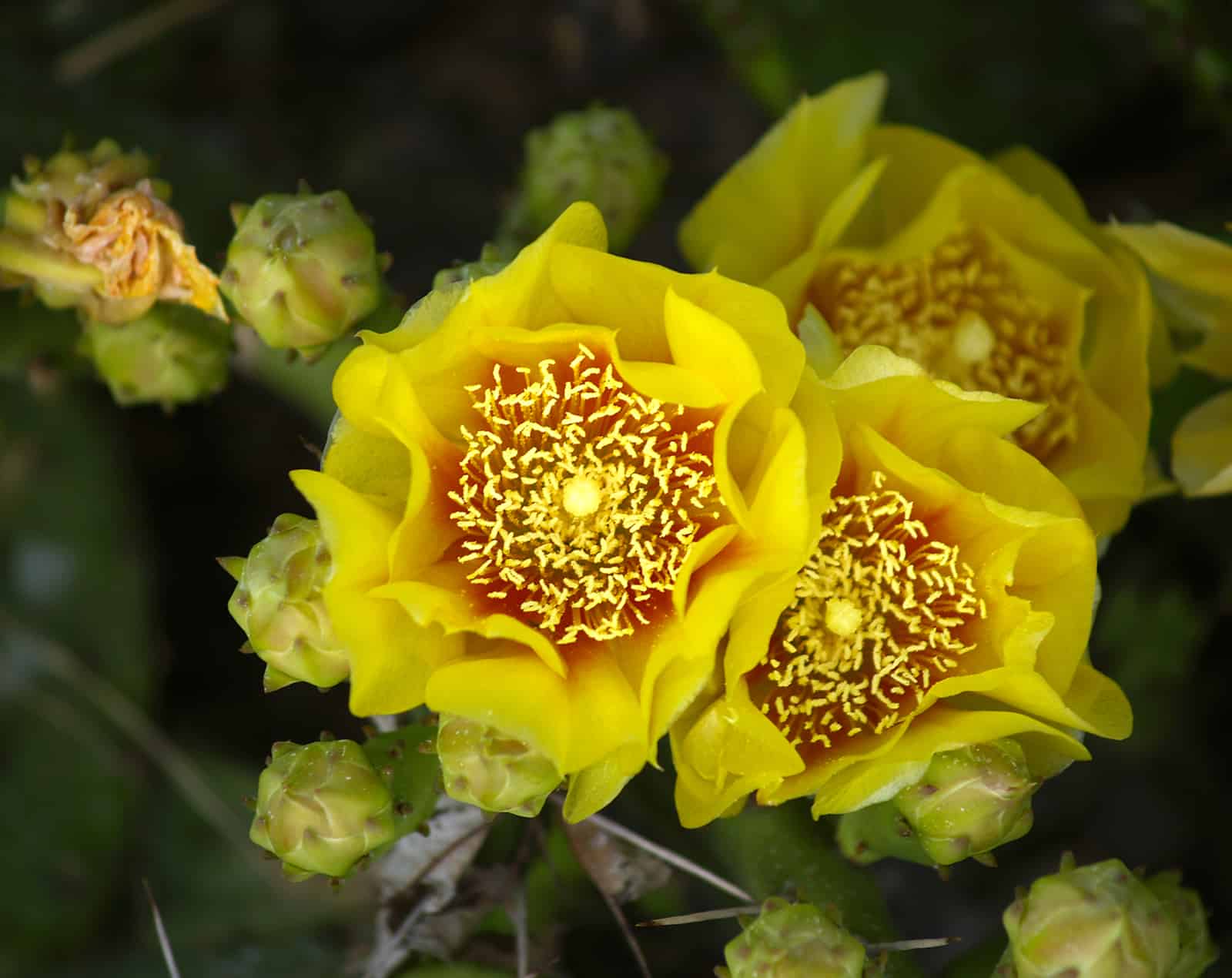[ad_1]
Looking by the use of a gardening catalog is a joyous experience however as well as one that could be pretty intimidating. Not everyone has acres and acres of property to develop flowers, so we want to get most bloom for the buck.
You’re possibly accustomed to daffodils, hyacinths, tulips, and the like – the widespread hardy spring-planted bulbs that come once more yr after yr in most areas. And these must positively be planted for reliable spring and summer time season blooms yr after yr. Nevertheless you might also want to ponder spicing points up barely with flowers which is likely to be native to areas apart from yours that produce flowers which is likely to be merely breathtaking.
Lots of the flowers on this itemizing are considered tender perennials outside of USDA hardiness zones 8-10. Which suggests in zones 1-7, they may not survive winter and should be lifted and saved in a storage or an area that doesn’t drop quite a bit beneath 40 ranges in winter. I develop most of these normally.
Dahlias
I merely love rising Dahlias for his or her majestic blooms. From 2-inch lollypop pompoms to large 15-inch dinner plate sorts, dahlias are current in a rainbow of colors and shade mixtures. There actually is a dahlia for every gardener. This pretty flower normally begins flowering in mid-summer, and chances are you’ll depend upon them lasting correct up until your first frost. They range from 15 inches to 6 ft tall and like all-day direct daylight, so choose a variety that’s relevant to your home. Tall varieties are barely finicky about wind, so give these varieties barely shelter.
Gladiolas
Additionally referred to as sword lilies, gladiolas are unimaginable for filling in any yard home that receives direct daylight. They will even tolerate barely shade – nevertheless only a bit. Gladiolas range from 2-4 ft tall, in order that they typically stand head and shoulders above your completely different flowers. You may discover gladiolas in white, yellow, pink, lavender, rose, burgundy, purple, and even inexperienced. And Gladiolas are a very robust flower – the bulbs will remaining for years and years with right care. Like dahlias, they’re native to zones 8-10, so that they should be lifted every fall. Nevertheless to tell the truth, I yard in Zone 6 and not at all carry them, and most bounce once more every spring (winters are persistently hotter yearly).
LILIES
The number of lilies you should buy can barely be quantified – there are a complete lot of kinds, each further attention-grabbing than the next. Most varieties are throughout the 2-3 foot range nevertheless can develop as tall as 8 ft. Most lilies are hardy in zones 4-9, to permit them to be grown in most areas of the U.S. Naturally, there are some exceptions which is likely to be solely hardy in hotter zones. Lilies may be present in a rainbow of colors and shade mixtures, some with a shocking scent.
Elephant Ear (Colocasia and Alocasia)
We’re along with Elephant Ears for his or her dramatic heart-shaped foliage. Technically, they do flower, counting on circumstances, nevertheless many gardeners will not ever see the flower, significantly in cooler areas.
Elephant Ears is a tropical plant that’s equally at residence in photo voltaic or shade. Throughout the U.S., they’re typically grown perennially in zones Sept. 11 nevertheless will not survive winter in cooler zones. Must you don’t want to carry them each fall, Elephant Ears is a unimaginable potted plant which will thrive in your porch or patio. When temperatures begin to drop throughout the fall, take the pot indoors for the winter and place it once more outside as quickly as temperatures warmth up. There are numerous varieties to pick out from, along with the well-known inexperienced heart-shaped leaves to black or purple leaves.
[ad_2]










